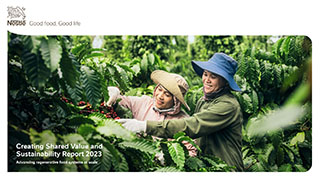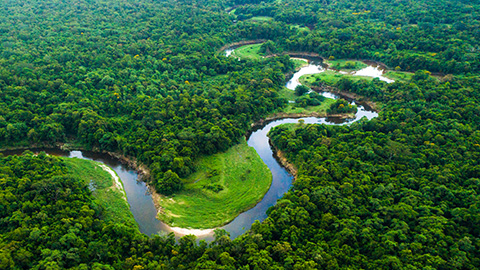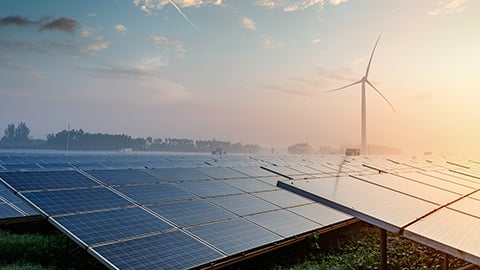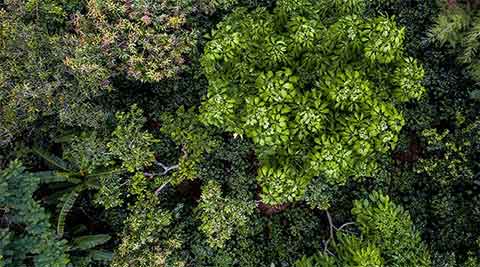Indigenous peoples' and local communities' land rights

Indigenous peoples and local communities are critical stewards and protectors of land and forests, so securing their land and resource rights can foster conservation and sustainable management of those resources.
Respecting the rights of indigenous people
Indigenous people, including Afro-descendant peoples, number around 2.5 billion globally. They customarily claim almost half of the world’s lands and forests but have legal rights to less than 20 percent of them. A lack of clarity over land rights can lead to legal disputes, violent clashes and land grabs – all of which are a barrier to sustainable rural development.
By helping them secure legal rights to land their communities may have lived on for centuries, we are empowering Indigenous peoples and local communities to become stewards of their land. It also increases the likelihood that they invest in their land and access agricultural and financial resources and enjoy better food security, nutrition, health and education outcomes.

Our key actions
- Strengthen our risk assessment approach
- Engage and build the capacity of our suppliers on the topics of land rights and human rights defenders
- Review and strengthen requirements and safeguards on Indigenous peoples and local communities’ (IPLCs’) land rights within our existing programs (e.g. Global Reforestation Program)
- Support IPLCs-centered landscape conservation and restoration projects
- Collaborate with peers and stakeholders to help address systemic issues and develop common approaches and tools on respecting land rights
- Identify government engagement opportunities to strengthen respect for IPLCs’ land rights
- Support access to remedy and help address systemic issues within our operations and supply chains
The action plan builds on our Forest Positive strategy, which highlights how we can help combat deforestation, better conserve forests and create more resilient livelihoods for the people who live in and around them.
Read more in the ‘Towards a Forest Positive Future’ report (pdf, 11Mb).
Using satellites to identify risks to land rights where we source raw materials
In palm oil-producing regions, such as in North Sumatra in Indonesia, we have used satellite mapping to monitor deforestation around palm oil operations. This also helps us anticipate the future risks to forests and peatlands as well as developing our understanding of land rights risks to Indigenous peoples. The results are being analyzed to help develop a strategy for landscape-level projects that can be used in other areas around the world where we source all types of raw materials.
Indigenous peoples' and local communities’ land rights and deforestation risks are clearly linked, so it makes sense for teams to combine efforts and resources to deal with the root causes of both.


















